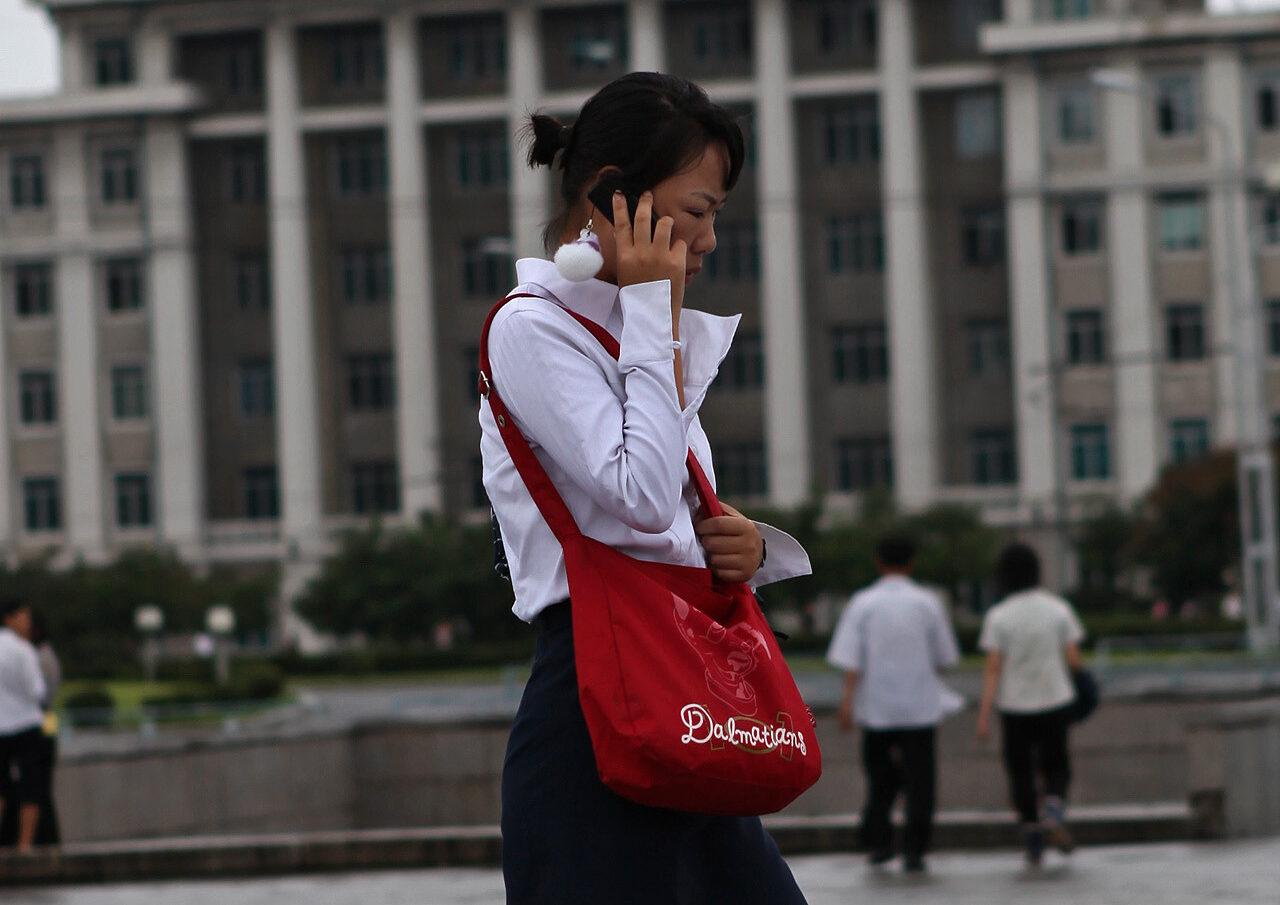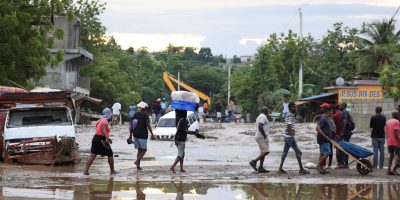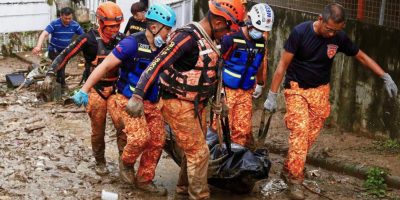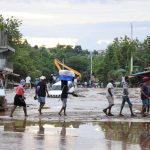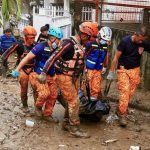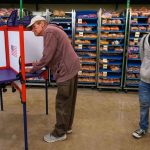Young North Korean women are increasingly turning to light-colored nail polish as a form of “modest adornment” that allows them to express individuality while avoiding government crackdowns on personal appearance.
A Daily NK source in Ryanggang province reported recently that light beige and pale pink manicures have become trendy among young women because the subtle shades make hands look clean and healthy without attracting attention from authorities.
Dark colors are easily spotted during crackdowns, forcing women to rush home and remove the polish with acetone when inspectors appear. The preference has shifted toward barely noticeable shades that escape detection.
Nail polish sells in small bottles at markets for 5,000 to 10,000 North Korean won. Most women consider this a reasonable price for grooming, according to the source.
Students lead the trend
Female university students are most enthusiastic about the trend, with nearly all wearing nail polish, the source said. Unlike non-students who can wear earrings and necklaces without facing crackdowns, university students are prohibited from wearing such accessories under school regulations, making nail polish their primary outlet for self-expression.
Even elementary and middle school students show considerable interest in manicures, though controls remain strict.
The source described an incident in Hyesan where a high school girl wore her older sister’s nail polish to show friends, only to face punishment from the school’s Youth League instructor. “It ended there because she was the child of an official. Normally, it would be referred to an ideological struggle session,” the source said.
Authorities continue strengthening ideological education, insisting the new generation uphold the “invincible socialist state.” Article 41 of North Korea’s Youth Education Guarantee Act specifically prohibits “unusual” attire and grooming that deviates from approved socialist standards.
Self-expression persists despite restrictions
Despite the crackdowns, young women’s desire to express themselves through appearance shows no signs of fading.
“Many women say they get great satisfaction just from keeping their nails pretty,” the source said. “For young women these days, nail polish is not a luxury but a form of self-expression to show their presence.”

